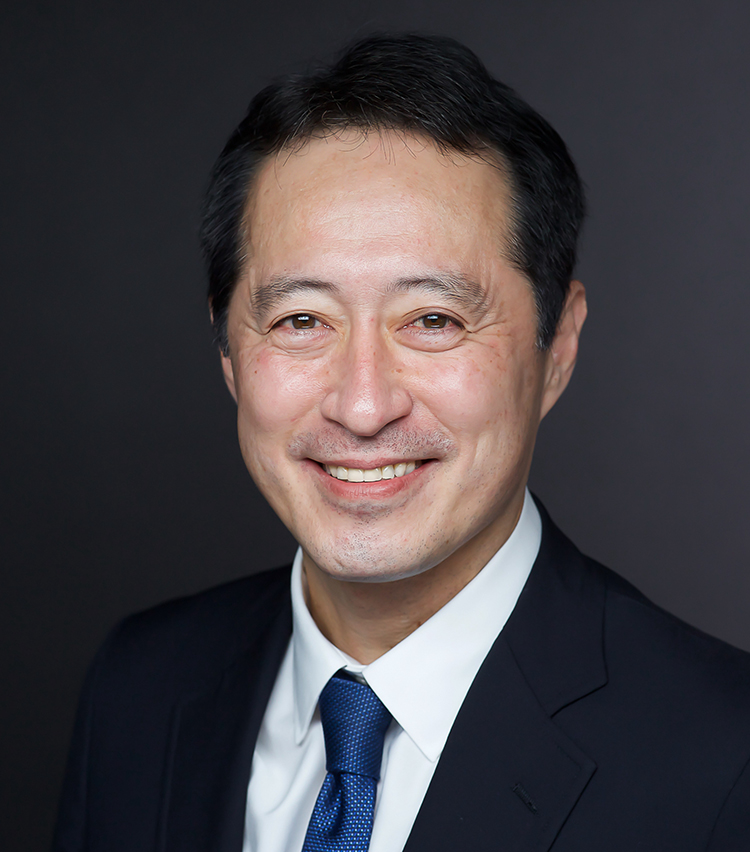Securing the Safeguarding
of Precious Lives
of Precious Lives
Expanded newbornscreening will
provides reassurance and a more secure
future for all babies.
provides reassurance and a more secure
future for all babies.



In April 2023, Tokyo Health Service Association introduced “expanded newborn screening program”, available for babies born in the Tokyo Metropolitan Area. It includes four disorders that are not covered in current panel of conventional screening programs(as of April 2024,). Although treatment for all these disorders may be delayed if diagnosed after development, each is fully treatable if detected in newborn and addressed appropriately. Please consider conducting Expanded Newborn Screening Program for your child’s future.



Since 1977, the Newborn Screening Program in Japan is a public health service provided to all infants born in Japan for early detection of treatable disorders that can affect newborns or children. As of April 2024, the program screens for 23 disorders, which without treatment, may permanently impact the health and overall quality of life of newborns. Because the early recognition and treatment of these disorders can be lifesaving, newborn screening is funded by local government budgets.
Recent medical advances make it possible to diagnose diseases that previously could not even be detectable accurately. The additional program with four
additional disorders is called “expanded newborn screening program”. The condition identified by expanded newborn screening are very rare and, therefore, are difficult to detect using ordinary blood tests. However, the screening has the potential to detect disorders and allow for prompt treatment within days of birth.




Kimihiko Oishi, MD
Chair and Professor, Department of Pediatrics
The Jikei University School of Medicine
Our Mission is Securing the Safeguarding of Precious Lives
Recent medical advances make it possible to diagnose diseases that previously could not even be detectable accurately. With the development of various new therapies, treating what was once considered incurable has become possible. However, our mission has yet to be fully completed for newborn babies. This is because it will be too late if treatment is not initiated before the disease develops, even if we make an accurate diagnosis with effective treatment methods. Newborn screening is the solution to this problem.
With a tiny amount of blood on filter paper from the baby’s heal, many diseases that can occur after birth can be diagnosed. This method, known as newborn screening, identifies healthy-appearing babies who may become critically ill before they develop symptoms.
In Tokyo, we have screened 20 diseases through our newborn screening program. In the near future, the new expanded newborn screening with additional conditions, including spinal muscular atrophy (SMA) and severe combined immunodeficiency (SCID), will be offered for all babies. Working together with the Tokyo Health Service Association in collaboration with all medical providers involved in the expanded newborn screening, we are moving forward to achieve our mission, “Securing the Safeguarding of Precious Lives,” for all children in Tokyo.
April 2023





Every disorder has a variety of types, ranging from severe to mild. The explanations here are centered on severe cases.
LSDs are diseases with fat and sugar accumulate in the intracellular organelles lysosomes, causing a variety of organ damage. The expanded newborn screening test can detect four types of lysosomal enzyme deficiency that occur frequently among the more than 60 types of lysosomal enzymes.
Overview Fabry disease is an X-linked sphingoglycolipidosis caused by a deficiency of alpha-gal A, leading to progressive accumulation of GL-3 in multiple organs, resulting in renal failure, heart failure, and stroke. Early initiation of treatment prevents irreversible tissue damage and improves clinical outcomes. The disease occurs in both boys and girls, but symptoms are usually more severe in boys. It is difficult to detect with current screening methods in girls, even if they have this disease, this test is only available for boys.
Treatment There are now some available options for the treatment of Fabry disease: enzyme replacement therapy (ERT) and pharmacological chaperone therapy. The initiation of these treatment during the early stage after the appearance of symptoms reduces pain in the hands/feet and is considered to prevent renal and heart failure from manifesting.
Overview Mucopolysaccharidosis is a group of metabolic disorders caused by the absence or dysfunction of lysosomal enzymes required to break down molecules called glycosaminoglycans (GAGs). Type I is caused by inborn malfunctioning of the enzyme known as α-iduronidase, while Type II is related to iduronate-2-sulfatase, although it is difficult to distinguish between the two types. Type I occurs in both boys and girls, whereas Type II is an X-linked disease, so it occurs only in boys. Around 2 years of age, the child develops a characteristic facial appearance, recurrent otitis media and breathing problems, and in the severe form, intellectual delays develop. Neonatal examination is useful to prevent delays in treatment.
Treatment Enzyme supplement therapy (IV) is considered to improve breathing and limit the progression of joint contractures. In the case of Type I, hematopoietic stem cell transplantation, such as bone marrow transplantation, prior to the age of 2 years is considered to limit the progress of intellectual disability. For Type II, an enzyme supplement therapy preparation that is effective in limiting intellectual disability was developed in Japan in 2020 and has been approved for insurance coverage.
Overview Pompe Disease is a metabolic disorder caused by the absence or dysfunction of lysosomal enzymes, acid alpha-glucosidase, leading to progressive metabolic condition that causes muscle weakness. Due to muscle weakness in the muscles involved in breathing, they are unable to breathe on their own and require artificial respiration management. Heart failure may develop from birth, and if untreated, the child may die before the age of 1 year.
Treatment The initiation of enzyme supplement therapy (IV) as soon as possible after birth can limit the progress of the decline in muscle strength.
